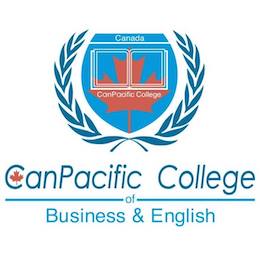Extracurricular reading is a great way to continue learning English after class. However, some ESL learners might be discouraged from it by the amount of time it takes to look up new words in a dictionary. If you think that it’s too time-consuming, you could try out bilingual books. What are bilingual books? Bilingual books, […]
Category: Tips/ ESL

Clauses and Sentences
Clauses are building blocks of sentences. A clause contains a subject and a predicate. A clause is not considered to be a sentence unless it’s a complete thought. Please compare ‘They went outside’ and ‘when it stopped raining.’ In the case of the former, we’re dealing with a clause that can stand on its own […]

After Class
In addition to taking courses, it is recommended that ESL learners continue working on their English language skills after class. Below, you’ll find some examples of extra-curricular activities that will help you make further progress in learning the language. Read aloud Watch movies and TV programmes in English Listen to English-language radio programmes Practice speaking […]

Gerunds
Gerunds are noun forms of verbs, which means that they can be used as subjects or objects of sentences. Let’s take a look at two examples: Cooking is my hobby. I really enjoy cooking. In the first sentence, the gerund ‘cooking’ is used as the subject of the sentence. In the second sentence, the gerund […]

Complement or Compliment?
Every so often, the word ‘complement’ is confused with ‘compliment.’ This blog entry is intended to clear up the confusion. Compliment – (noun) praise; (verb) to praise someone For example: “I complimented him on his choice of stationery.” Complement – (noun) completing; (verb) to complete For example: “The sauce complements the main course.” Now, try […]
